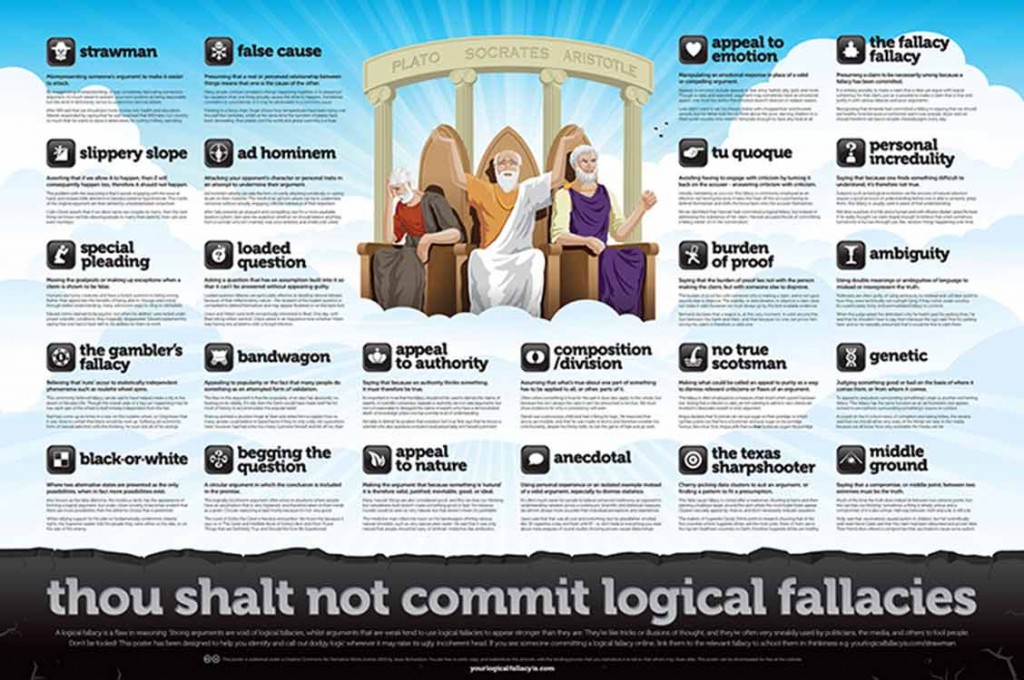Bestselling author Hugh Howey and an anonymous “data guy” set off a bit of a bomb in the publishing industry last week when they released a report that used a sample of Amazon data collected from dozens of self-publishing authors and used some sophisticated sales rank extrapolations to paint a pretty interesting picture of where the money and sales are going. If you aren’t up to date on the report and all the various reactions to it, Porter Anderson over at PublishingPerspectives.com has a nice summary on what many people are saying about it. Read that, take a look at the report itself, and even download their extrapolations in Excel format. I’ve been following the discussions pretty closely and I’m already exhausted by it.
Honestly, I didn’t find all that much surprising about the report, and regardless of any problem you might have with it (it is an extrapolation after all), it’s pretty hard to argue with the its bigger picture conclusions. It confirms what most of us have believed for a few years at least, based on the anecdotal evidence we’ve been seeing all around us: self-publishing, far from being a vanity fringe, is now a force to be reckoned with, and in fact, will only grow as the preferred option for writers over time. This is why the insiders in the traditional publishing community are finally responding, some with near hysteria, which is how we know the revolution is over.
Writers have options now. Real options. Over time, those options should force traditional publishers to offer better royalties and contract terms, which have been abysmal lately and getting worse. I say should, because the desire to publish is very personal and emotional for lots of writers, combining both the head and the heart, and most of the time that emotion overrides whatever a contract is saying in black in white. Being able to say you were published by Simon and Schuster or Random House is always going to hold a lot of sway for a huge percentage of people. I get that. I feel it, too. And under the right circumnstances, I’ll definitely work with traditional publishers again — but only under the right circumstances.
Which is the point. The indie revolution was never really about self-publishing. It was about being indie. Independent. Having options, real options, not the store-boxes-of-books-in-your-garage-and-hope-for-a-miracle kind options, but options that allow you to make the same amount of money (or more) and reach the same amount of readers (or more) as if you went with a big traditional publisher, while still retaining control and copyright. That revolution is over, and indies won.

